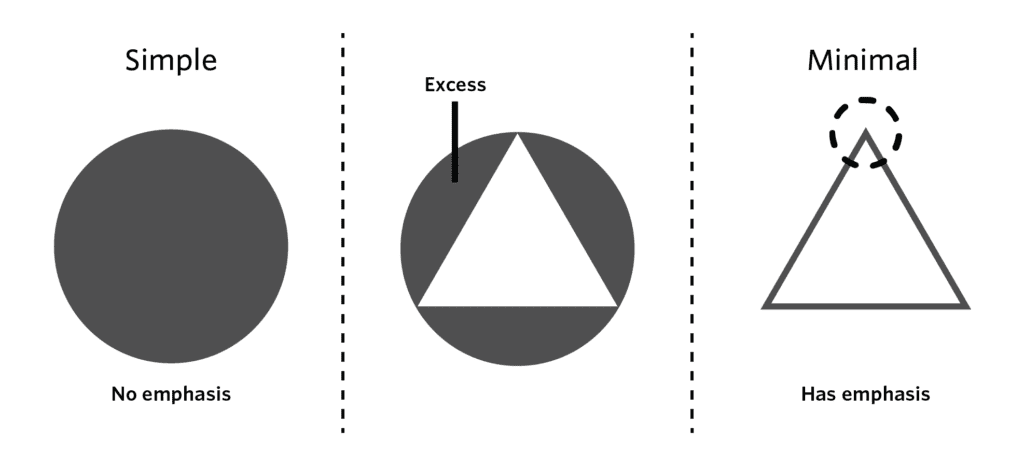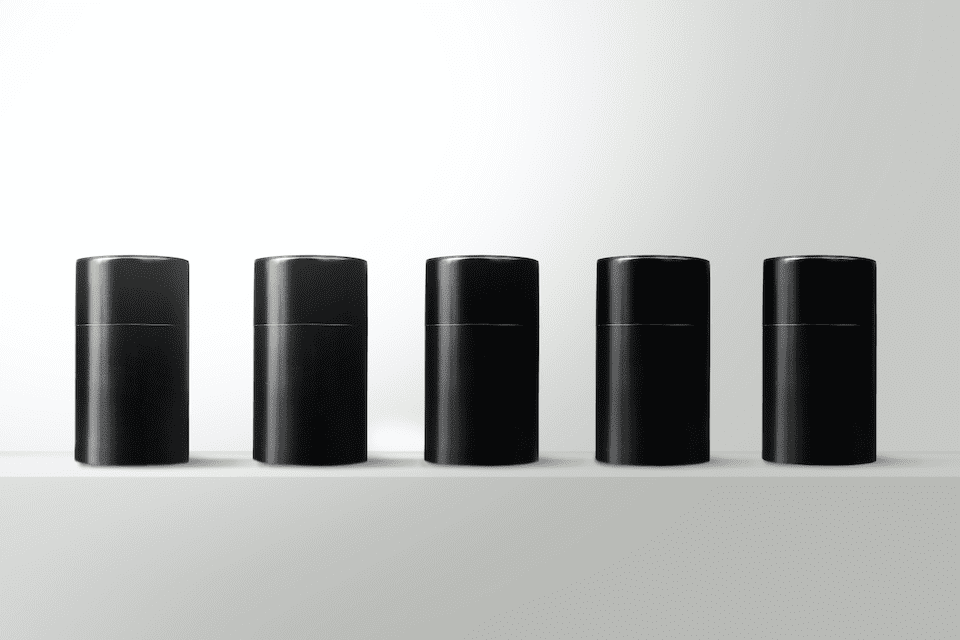This website is made possible by readers. I may earn a small commission when you buy through the links in this article at no extra cost to you. Learn more.
Living in Japan for the past five years, I've adopted what I like to refer to as Japanese minimalism.
In Japan, ultra-compact apartments have made minimalism an attractive way of life. I should know, I live in a 20m² apartment with my significant other.
The work culture is also encouraging many to leave their jobs kowtowing to their superiors at large corporations and pursuit a non-conforming life. Sayaka Murata writes in her book, Convenience Store Woman, about choosing a non-conforming path in a society that insists that marriage and working in a large Japanese corporation is the ideal path.
In many ways, Japanese minimalism is a necessity and a way out for many. And in many ways, it's easier to be a minimalist in Japan compared to other countries.
Consumerism, in Japan, is as rampant as the next country, but a history and culture of pursuing simplicity is demonstrated in practices like the gracefulness of a tea ceremony. In many ways, minimalism is more accepted in Japan.
But what is minimalism in the first place?
I'm sure you've heard this word many times now. And in recent years, some have regarded the label “minimalist” as cringy. The Guardian called minimalism “another boring product rich people can buy“. In some ways, they are not wrong. If you based the meaning of the word “minimalism” on how most people interpret it, then it's probably as superficial as it sounds.
To most, minimalism means you have to own only a few things, no car, no television. You'll buy the $500 jacket instead of five $100 ones. You must not have an office or an apartment and live all around the world. You must write a blog, or at least have an Instagram account posting photos of empty rooms, minimal workspaces or “minimalist” quotes.
More often than not, minimalists do most of the above. Author, blogger and YouTuber, Sibu is often regarded as the best embodiment of Japanese minimalism. He doesn't own a television (he has a projector though), or many things at all. He treats the convenience store or supermarket as his refrigerator, so has no need for one.
People who dismiss minimalism, often see having fewer things as the goal of minimalism. They make excuses, saying that “I could never live like that” or “I love my sneakers way too much”. But that's not the point.
This used to be an ad.
But no one likes ads, so I got rid of them. If my articles helped you, I ask for your support so I can continue to provide unbiased reviews and recommendations. Every cent donated through Patreon will go into improving the quality of this site.
Having fewer things is but a side effect.
On the show Elementary, Sherlock describes the human brain as an attic. “The human brain is like an attic. A storage space for facts. But because that space is finite, it must be filled only with the things one needs to be the best version of oneself. It’s important, therefore, not to have useless facts, the natterings that comprise a typical support group meeting, for example, crowding out useful ones.”
Your life is finite. You have finite time, finite energy. Most have finite money and finite mental and physical space. Minimalism is a tool to optimize those finite resources, by freeing from things that don't matter.
Greg Mckeown describes this in his book, Essentialism, as the disciplined pursuit of less. In an increasingly distracting digital world, it's the pursuit of less commitments, less distractions, in return for more time to think and discern the right path you should take. It's the choice of the vital few over the trivial many.
Minimalism creates the room for you to breathe, think, and determine what is necessary and superfluous in your life, and subsequently pursue what matters.
Minimalism is less but better.
Taking the words of legendary Braun designer, Dieter Rams, widely regarded as the godfather of design who inspired the design for the iPhone, minimalism is less but better. While reduction is a key feature of minimalism, the effect of “better” is the true goal. It's about getting rid of life's excess for what's important, for the things that truly matter to you.
How minimalism is defined or used is very personal. While I'm won't be the one to decide who has the right definition, but I can tell you a few things that minimalism is not. For one, it's not a competition of who has less things. Sure, some people do keep count of the number of things they own and that's totally fine. But if they do it as a way to show how much of a minimalist they are, then they are missing the point.
Some would define minimalism as living simply. But, I differentiate the two. Minimalist Sibu often use this diagram when explaining the difference between something that is simple and something that is minimal.

You can live a simple life without a focus, and that would still not be minimalism. The cutting of excess is a part of the process, but the point is to create an emphasis on the most important part.
I designed a thing.

I found a 100 year old company that would create these heirloom quality canisters for me. They are handmade and will keep your tea leaves, coffee beans or anything that you need dry for years to come.
or read review
Minimalists love things
For me, minimalism goes beyond the number of things I own. As a product reviewer, I have more things than most non-minimalists, but each of them plays a role in my life and is curated for their aesthetics, utility, and value.
Minimalism isn't about disliking things, in fact, quite often the opposite. Most minimalists like things more than non-minimalists. Fumio Sasaki, the author of Goodbye, Things: The New Japanese Minimalism who what most would consider an extreme minimalist, describes himself as one of the “minimalist who love things”. When you have pared down your belongings to the minimum, then you'll love them more and appreciate the value they carry in your life.
So, if I have to sum up what minimalism means to me, it would be
Minimalism is the curation of your belongings, relationships and pursuits or anything that takes away your finite resources from things that matter the most.
This blog focuses on an aspect of that, the minimalist wardrobe. Can you be a minimalist if you love clothes? I think you can.
For example, I got rid of all but one color in my wardrobe, so I have one less thing to decide. I also create a wardrobe where just about everything goes with everything, so I can just put on anything and still look good. Some high profile minimalists, like Steve Jobs, Mark Zuckerberg or Barrack Obama, have adopted the idea of a uniform, wearing the same thing every day.
There are endless ways minimalism can be exercised, but the end goal doesn't change.
This blog curates and writes about products to provide insights on them before you purchase. By choosing the right product and understanding it in its entirety, you can fill your life with only the things that you will value.
By incorporating minimalism into my wardrobe and life, I'm able to be more intentional in my purchases and find lasting happiness. After all, that is what everyone wants to be, isn't it?
Tagged minimalism